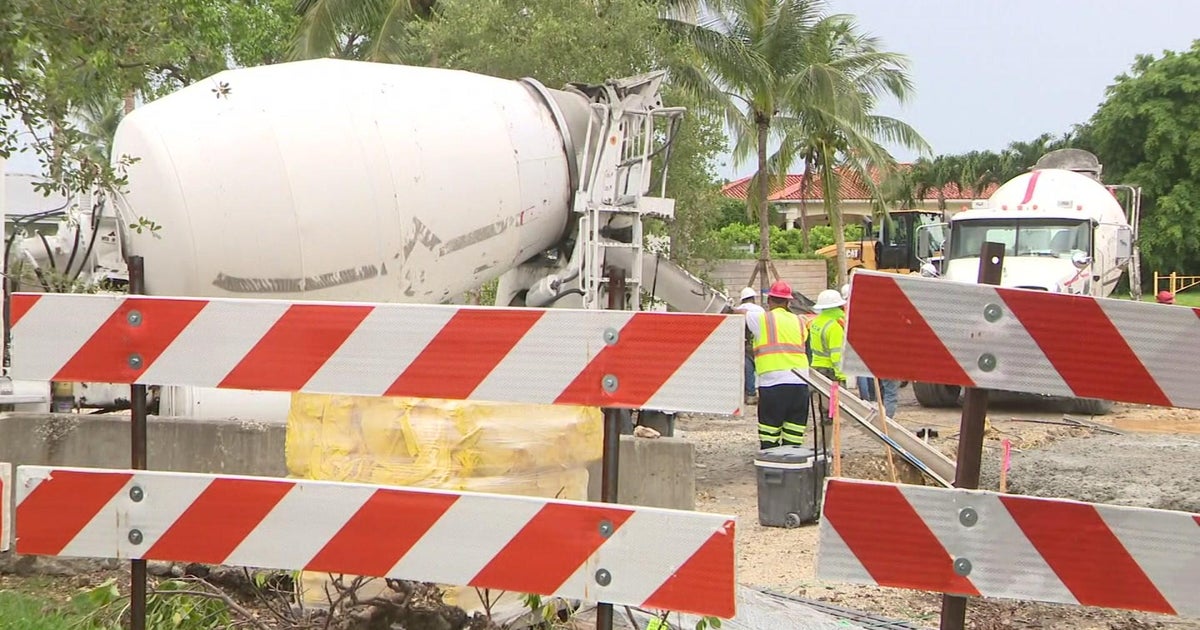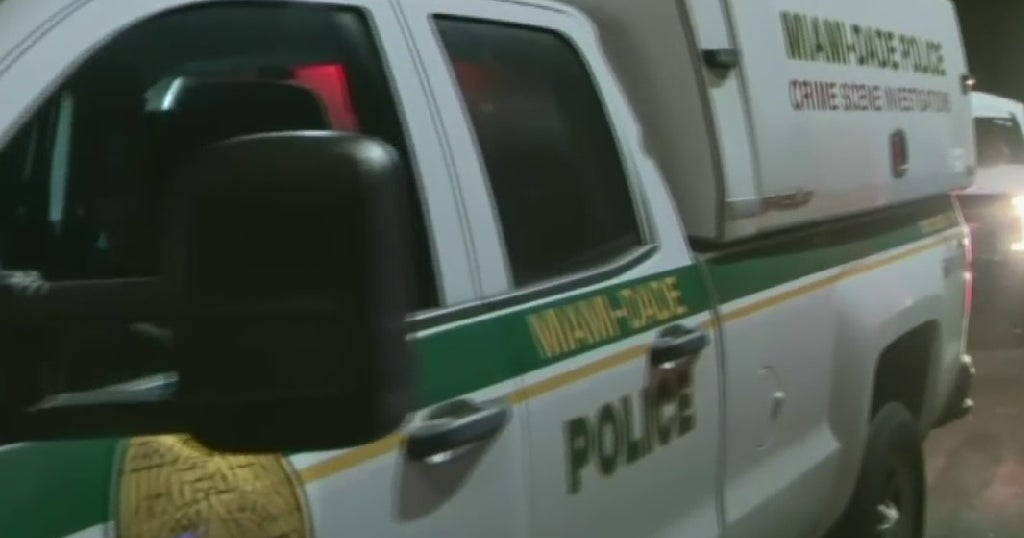Report: CIA Fired On Friendly Pilots During Bay Of Pigs
MIAMI (CBS4) - A CIA operative accidentally fired on friendly pilots during the 1961 Bay of Pigs invasion of Cuba, according to newly declassified government documents.
Earlier this month, the U.S. made public all but one of five top secret volumes covering the CIA's official history of the failed attack on Fidel Castro's fledgling government. The move came in response to a lawsuit filed in April by the independent, Washington-based National Security Archive.
The Archive posted more of the documents on its website Monday.
According to the documents B-26 bombers flown by the Cuban exiles were disguised to look like Cuban military planes, but the ruse worked too well. CIA operative Grayston Lynch, who was in charge of guns aboard one of the landing craft that remained off the Cuban coast during the invasion, recalled warning the exile pilots "to stay away from us, because we couldn't tell them from the Castro planes."
He said the B-26 bombers failed to heed his warning.
"We ended up shooting at two or three of them," he said, explaining, "our planes were a little nosey, and they wanted to take a look at the action."
The documents also show that two U.S. pilots described dropping bombs and napalm on Cuban troops that "left the convoy badly messed up."
Initially, officials hesitated to use napalm because it "'would cause concern and public outcry,'" the documents indicated. But by the second day of fighting, that notion "had gone by the board in favor of anything that might reverse the situation in Cuba in favor of the (exile) Brigade forces."
The invasion by CIA-trained Cuban exiles was a pivotal moment in U.S.-Cuba relations and has become something of a "what not to do" case study in U.S. covert actions.
"We are one step closer to having a complete record in the worst debacle of U.S. clandestine operations," said Peter Kornbluh, who heads the Archive's Cuba project. He vowed to continue pressing the government to release the fifth volume.
About 1,300 exiles landed in Cuba on April 17, 1961. Two days earlier, the exile pilots had helped destroy portions of Cuba's small air force, but Castro had enough planes remaining to take out their supply ships. Nearly 300 Cuban and exile fighters were killed in the invasion. A few captured exiles were executed and others were held prisoner for years. Most of the more than 1,200 captured exiles were released by Castro a year later in an exchange brokered by the Kennedy administration.
(TM and © Copyright 2011 CBS Radio Inc. and its relevant subsidiaries. CBS RADIO and EYE Logo TM and Copyright 2010 CBS Broadcasting Inc. Used under license. All Rights Reserved. This material may not be published, broadcast, rewritten, or redistributed. The Associated Press contributed to this report.)



